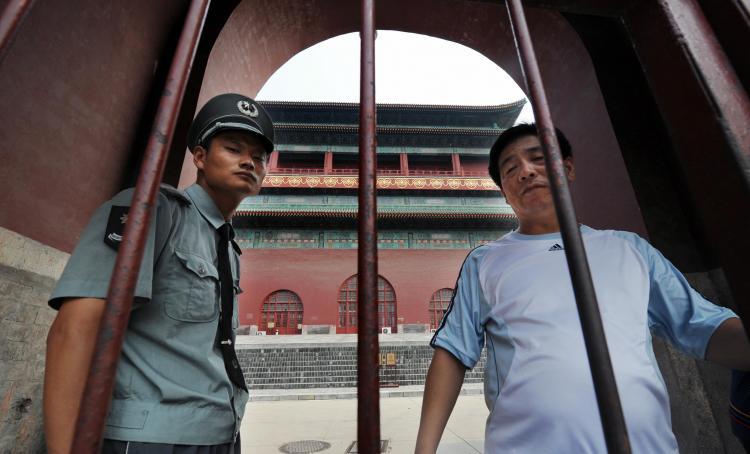Within the Chinese Communist Party (CCP), even lowly officials at the bottom rung of the Party bureaucracy can get their hands on million of dollars when committing graft.
On Dec. 19, the state-run newspaper China Discipline Inspection Daily—the publication of Central Discipline Inspection Commission, the Chinese regime’s anti-corruption agency—ran an article detailing a corruption case involving Yang Rongfu, former deputy director of the farming service center at Diaopu, a small residential area in Taizhou City, a coastal metropolis in Jiangsu Province.




